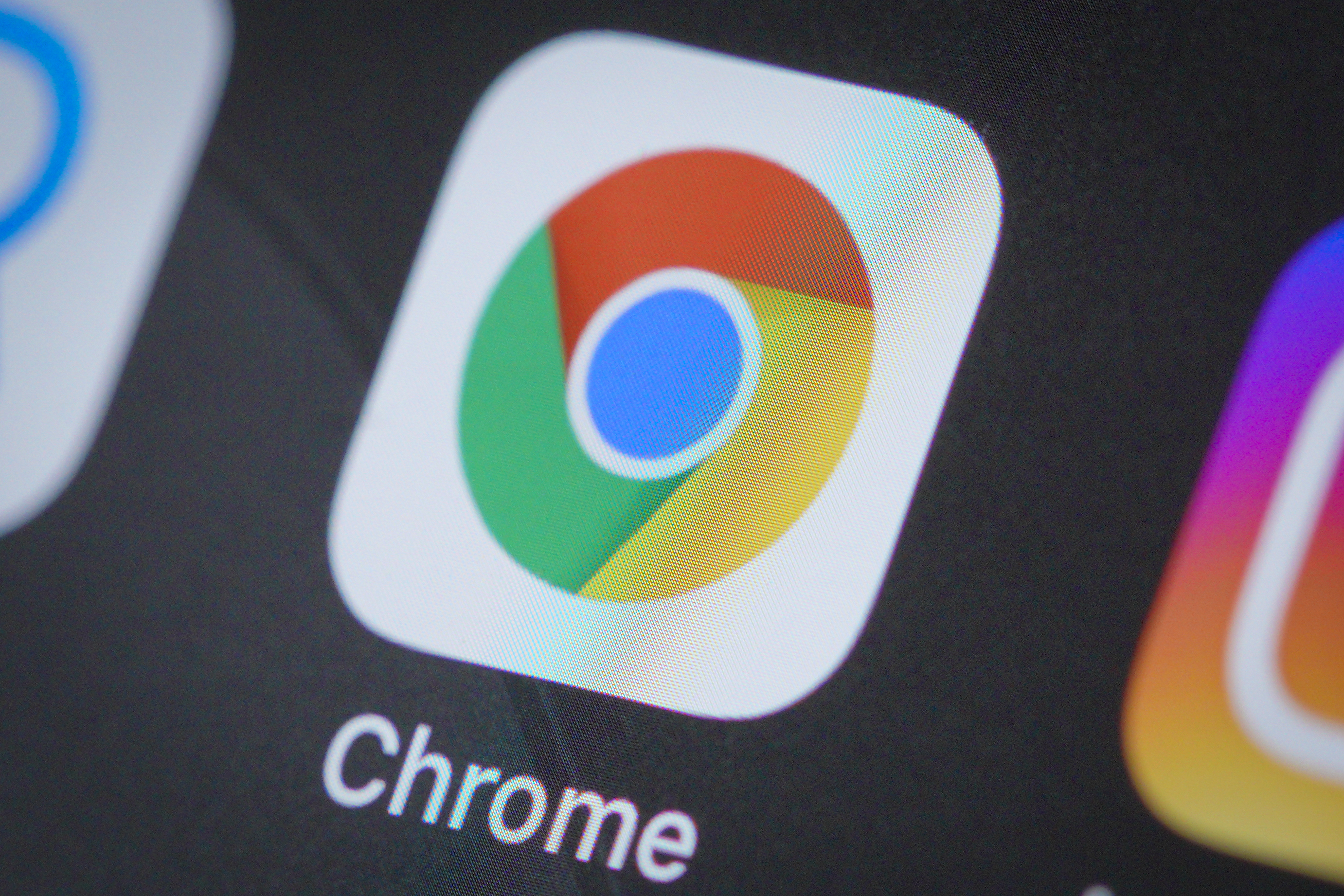Google just blocked this Chrome privacy extension — here's why
The ClearURLs extension has been unceremoniously removed from the Chrome Web Store

Google has removed a Chrome extension from its Chrome Web Store, and some users are up in arms. The extension developer is questioning Google's motives.
The ClearURLs extension, still available for Firefoxand Edge, is geared towards user privacy and removes tracking components from URLs when users click on a link.
- The best Android browsers for your smartphone
- Stay safe: Get the best Android antivirus apps
- Plus: Google just made Wi-Fi way better than Bluetooth — here’s how
It's possible to see tracking components for yourself with a glance at the browser address bar, where really long URLs are often displayed.
The latter portions of a long URL — anything that follows a question mark, equal sign or ampersand — can sometimes be removed without affecting the content of the web page, as the extra bits may just be there to track users and collect data for analytics.
Futhermore, links that you see posted in Google search results don't always lead straight to their destinations. Often, the link instead goes to a Google server, which takes note of where it came from and where it's going, thanks to all those extra tracking bits in the URL. The Google server then sends the user on their way to the intended website.
ClearURLs removes that middle step and sends the user straight from the search results page to the final destination.
'Damaging Google's business model'?
Google is penalizing ClearURLs because it "damages Google's business model," said extension developer Kevin Roebert.
Sign up to get the BEST of Tom's Guide direct to your inbox.
Get instant access to breaking news, the hottest reviews, great deals and helpful tips.
Roebert posted a lengthy statement on the situation over on GitHub along with the German-language email (in Roebert's native tongue) that he received from Google explaining the justification for the removal.
"The reasons for this are ridiculous," Roebert wrote. "ClearURLs has made it to its mission to prevent tracking via URLs and that's how Google makes money. I think that ClearURLs now has so many users that it is unwelcome for Google and they would like to see the addon disappear permanently."
Contradictory explanations
Roebert has appealed to Google and says the company gave him conflicting reasons as to why the extension was taken down.
Roebert said Google apparently thinks the description is "too detailed" and hence violates the store policy, saying it's confusing to users.
On the other hand, Google also informed Roebert that the description wasn't detailed enough, leaving out references to features like its settings import/export feature, logging functionality, and donate button.
Speaking about the missing descriptors to BleepingComputer, Roebert stated, "This almost reads like a joke. No user seriously cares about during installation if there is a way to donate, a badged indicator, a log for debugging, or a function to save and restore settings.
"The task of the addon is to clean URLs," he told Bleeping Computer. "I described these functions and not that there is also a donate button. But Google wants that these 'important' functions are also described because otherwise the users are 'deceived.' I have now added this to the description."
Minor infractions
To be fair to Google, the automatic German-to-English translation of the email Google sent Roebert, and which he posted himself, is a little more subtle and names only minor infractions.
It docks Roebert for not mentioning the "Donate, Badges, Logging, Export/Import" functions of the ClearURLs extension in its description.
It also says that "superfluous and/or irrelevant keywords are in the description of the article," i.e. extension. The Google email suggests removing those keywords and updating the description.
Google also apparently penalized Roebert for unnecessarily writing to the system clipboard, which he admitted was a feature left over from an earlier version of the extension.
Reaction to the removal of ClearURLs from the Chrome Web Store are split, with some users suggesting the add-on had security issues, while others think the idea that Google would see the extension as a threat to its business is preposterous.
Meanwhile, a different segment of the community is concerned about Google's monopoly over the space, and the level of control it exerts.
For now, users who still want to use the extension can manually install it.
We're looking at how our readers use VPN for a forthcoming in-depth report. We'd love to hear your thoughts in the survey below. It won't take more than 60 seconds of your time.
- Find the best Android apps to install on your phone
Shabana is T3's News Editor covering tech and gaming, and has been writing about video games for almost a decade (and playing them since forever). As well as contributing to Tom's Guide, she's had bylines at major gaming sites during her freelance career before settling down at T3, and has podcasts, streaming, and video content under her belt to boot. Outside of work, she also plays video games and should really think about expanding her hobbies.

